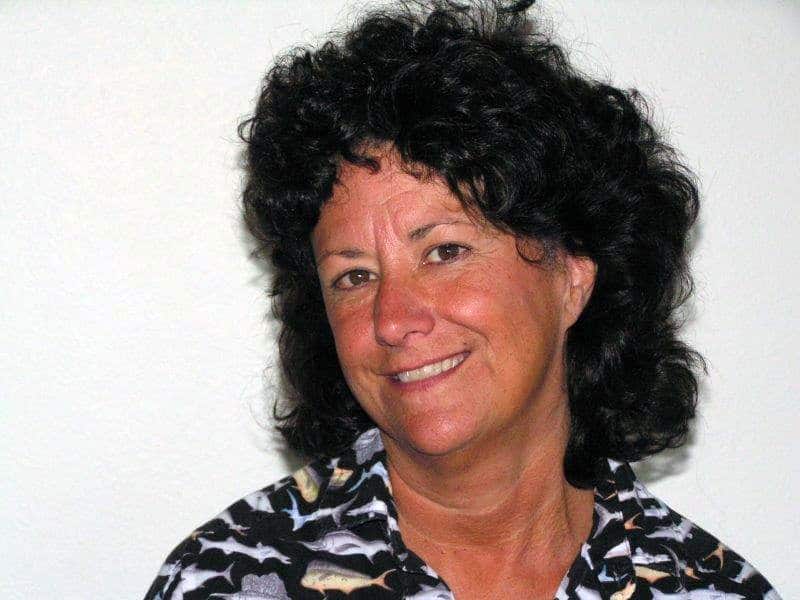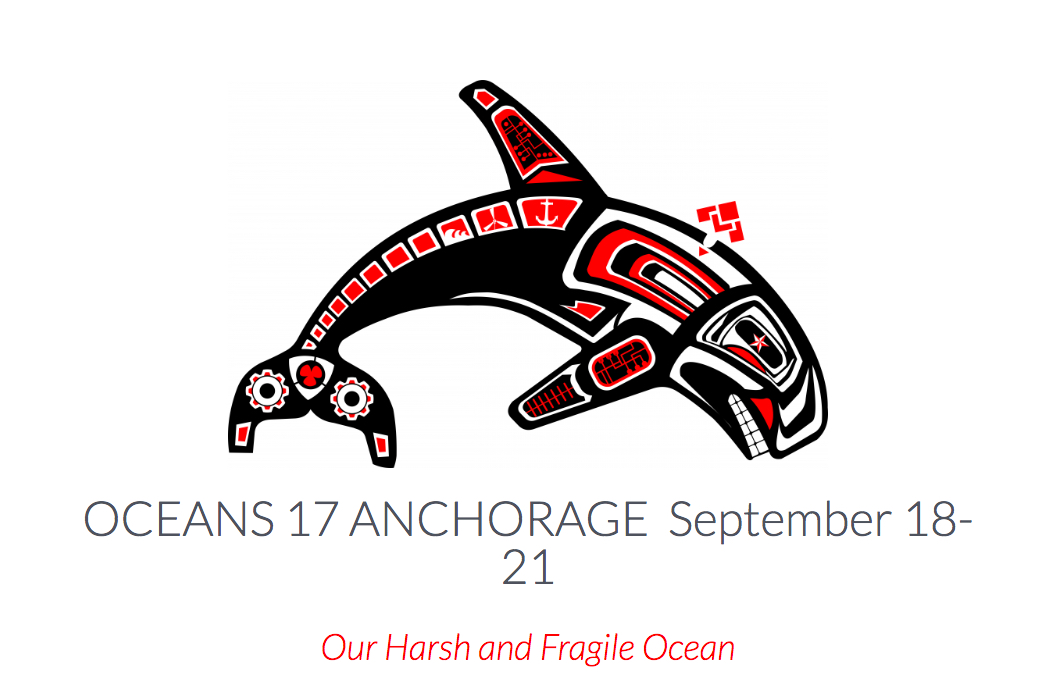A growing cluster of entrepreneurs is seeding prospects for a new global “blue economy,” and this week it drew a crowd in Alaska. Marine technology experts met at the Dena’ina Center in Anchorage as part of the Oceans ’17 conference and to kick off a competition that will continue into October.
The theme of the Sept. 18-21 conference was “Our Harsh and Fragile Ocean” and it focused on how modern technology and traditional knowledge can combine to tackle such issues as climate change, increased Arctic vessel traffic, energy extraction and the new blue economy.
“Globally, the oceans are being viewed as the last economic frontier. There is huge potential to develop the oceans in a socially, environmentally and economically sustainable way, and our hope is that Alaska becomes a leader in this blue economy,” said Joel Cladouhos, director of Alaska’s Ocean Cluster Initiative, a collaboration of the Bering Sea Fishermen’s Association, the College of Fisheries and Oceans Science at University of Alaska at Fairbanks and the Global Entrepreneurs Institute at the University of Alaska at Anchorage.
Ocean Clusters are modeled after a concept that began in Iceland in the 1970s to create an economic ecosystem and connect startup people with a common goal.
“We’re all familiar with marine ecosystems, but an economic ecosystem involves innovators and entrepreneurs and educators to create a foundation to grow businesses, innovate new products and grow from the bottom up,” Cladouhos explained.
“Blue growth” is defined as the application and commercialization of new technologies and innovation to fisheries and marine science and engineering. It is said to be the one of the fastest growing global sectors and is expected to triple in value to $3 trillion by 2030 (measured as marine based industrial contribution to economic output and employment).
This is Alaska’s first time hosting the global event of the Marine Technology Society and the Institute of Electrical and Electronics Engineers. Founded in 1884 by a group that included Thomas Edison and Alexander Graham Bell, the institute describes itself as “the world’s largest technical professional organization for the advancement of technology for the benefit of humanity.”
For Alaska, the blue economy includes traditional sectors — such as fisheries, oil and gas, mariculture, coastal tourism and transportation — as well as new arenas, like robotics, biofuels, undersea drones, renewable energy and marine biotechnology.
The ocean visionaries project such blue ventures for Alaska would boost the state’s economy by 50,000 jobs and $3 billion in wages by 2040.
“Alaska holds over half the nation’s coastline and a third of the U.S. exclusive economic zone. There is huge potential to develop our oceans in a socially, environmentally and economically sustainable way,” Cladouhos said. “It’s time for Alaska to get on board with the blue economy because it has the potential to be bigger than oil and gas if we have the appropriate long-term strategy.”
Following Oceans ’17, a first-ever Ocean Technology Innovation Sprint will kick off on Oct. 7. OTIS is based on the Google Ventures Sprint that engages interdisciplinary teams to create prototype solutions to problems over five days within a three-week period.
“The sprint process works very well and is used by many corporations. It has not been tried anywhere else in the world and is an Alaska innovation, very cutting edge,” said Nigel Sharp, Global Entrepreneur in Residence at the Business Enterprise Institute at the University of Alaska Anchorage.
Applicants can apply to be in a pool of 30 Alaskans to make up teams that will go through an iteration of a product cycle in one of nine blue growth areas. Top prize is a trip to BlueTech Week in San Diego.
“No experience needed. Just a passion and willingness to share ideas,” is the OTIS logo.
“Hopefully it will start a movement that allows Alaska to get a foothold into the global ocean economy and show we are a base for innovation and ideas,” Sharp said.
Alaskans can apply to the Sprint at www.otis.blue through Tuesday, Sept. 26.







